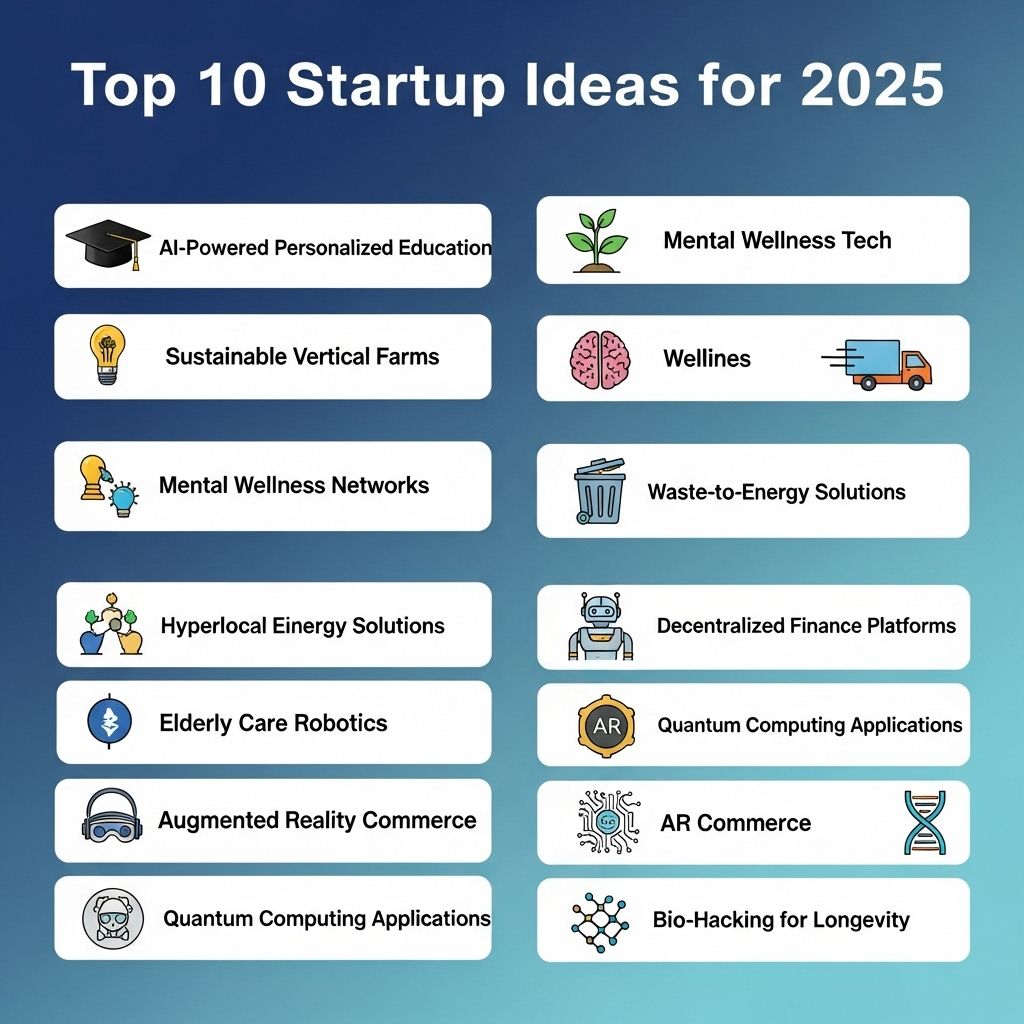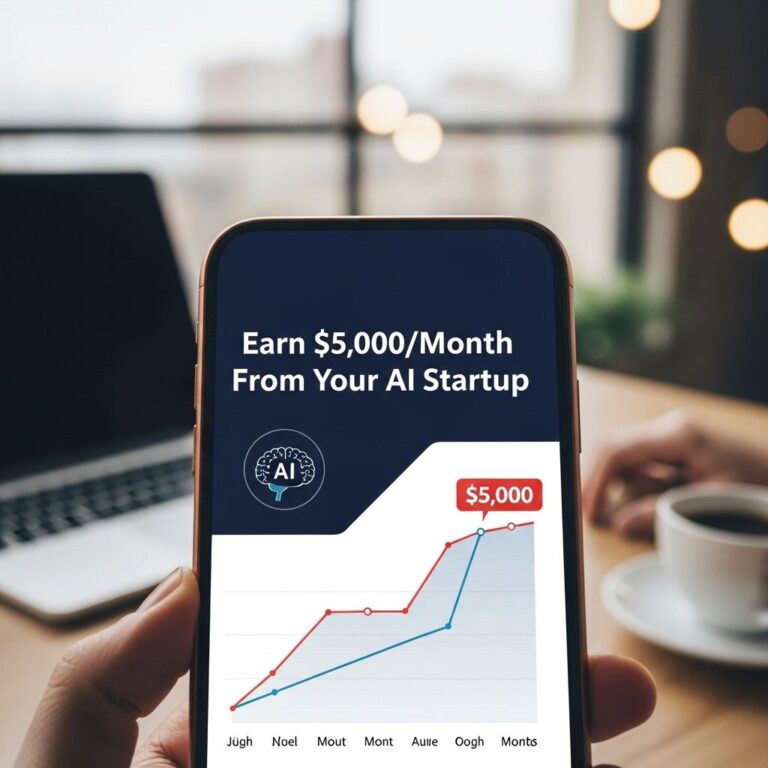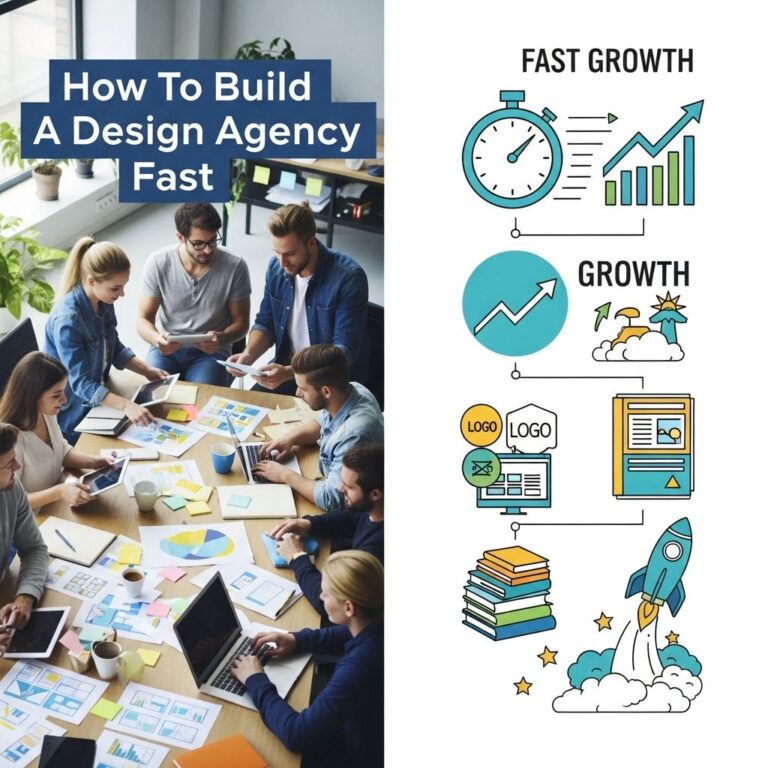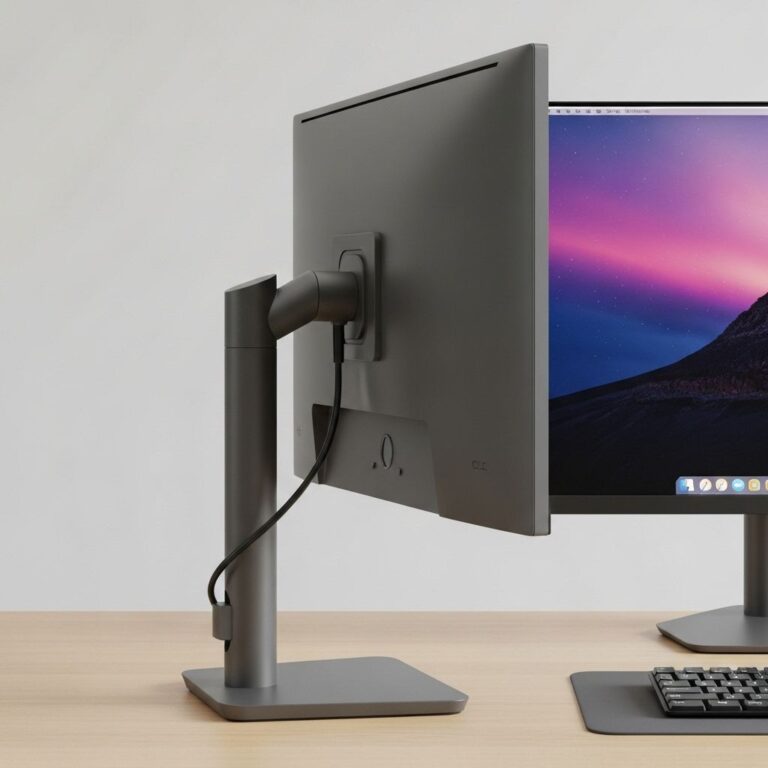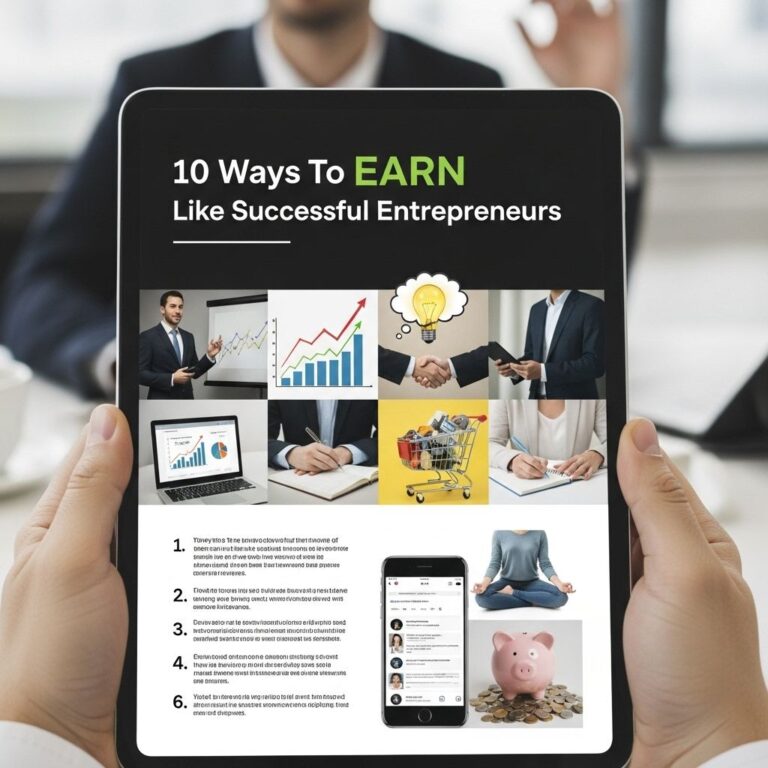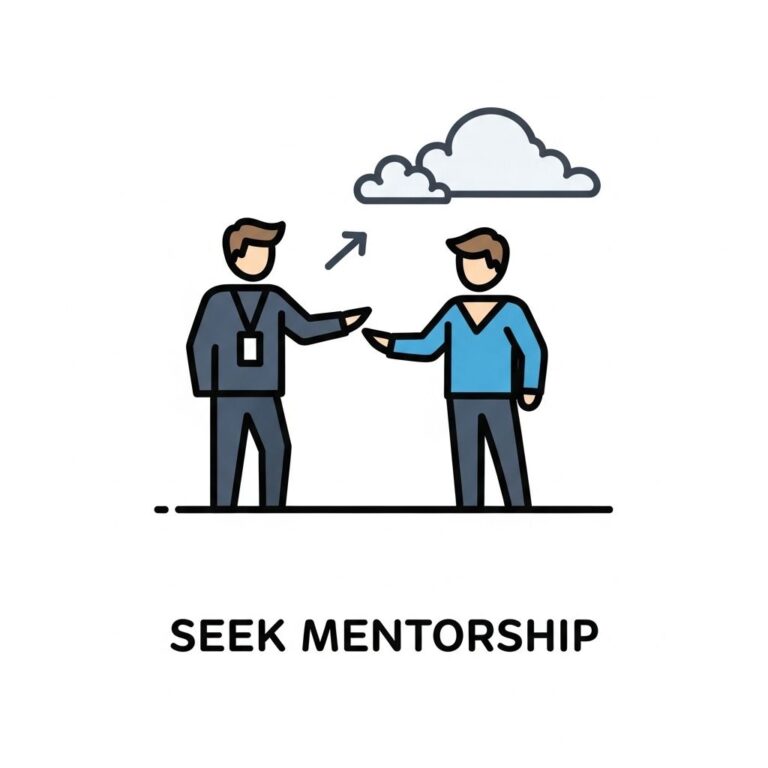As we move closer to 2025, the world continues to evolve at a breakneck pace, especially in the realm of technology and innovation. Entrepreneurs and aspiring startup founders are always on the lookout for the next big idea that could not only generate profit but also make a lasting impact on society. With advancements in AI, sustainability, health technology, and more, the opportunities are endless. This article explores ten promising startup ideas that are well-positioned to thrive in the coming years.
Table of Contents
1. AI-Powered Personal Health Assistants
The healthcare industry is increasingly turning to artificial intelligence to enhance patient care. AI-powered personal health assistants can provide personalized recommendations, track health metrics, and remind patients about medications. These tools can be vital for managing chronic conditions and improving overall well-being.
Key Features:
- Data analysis for personalized health insights
- Integration with wearables and health apps
- Telehealth capabilities for remote consultations
2. Sustainable Consumer Goods
As environmental concerns grow, consumers are seeking sustainable alternatives to everyday products. A startup focusing on eco-friendly consumer goods—ranging from biodegradable packaging to zero-waste personal care items—can tap into a robust market.
Market Trends:
| Year | Projected Growth ($ billion) |
|---|---|
| 2022 | 150 |
| 2023 | 180 |
| 2024 | 220 |
| 2025 | 250 |
3. Remote Work Solutions
The pandemic has permanently changed the way businesses operate, with remote work becoming a norm. Startups that provide innovative tools for remote team management, collaboration, and productivity tracking are likely to see significant demand.
Potential Offerings:
- Virtual office platforms
- Employee engagement tools
- Project management software
4. Blockchain for Supply Chain Transparency
Blockchain technology can enhance transparency and traceability in supply chains. By creating immutable records of transactions, businesses can build trust with consumers and optimize their operations. A startup that specializes in implementing blockchain solutions for supply chain management could attract various industries.
Benefits:
- Increased accountability and reduced fraud
- Real-time tracking of goods
- Streamlined logistics
5. Personalized Learning Platforms
The education sector is ripe for disruption. Startups that offer personalized learning experiences through AI-driven platforms can cater to diverse learning needs and styles. These platforms can provide curated content and adaptive learning paths based on individual progress.
Features To Include:
- Interactive assessments
- Gamification elements
- Real-time feedback systems
6. Smart Home Solutions
With the rise of the Internet of Things (IoT), smart home technology is becoming increasingly popular. Startups that develop smart home devices that improve security, energy efficiency, or convenience can capitalize on this growing trend.
Examples:
- Smart thermostats and energy monitors
- Home security systems with AI integration
- Automated home appliances
7. Virtual Reality Experiences
Virtual reality (VR) offers immersive experiences in gaming, education, and training. Startups developing VR applications tailored for specific industries, such as healthcare or real estate, can find lucrative niches.
Industry Applications:
| Industry | Use Case |
|---|---|
| Healthcare | Medical training simulations |
| Real Estate | Virtual property tours |
| Education | Immersive learning experiences |
8. Biodegradable Packaging Solutions
As plastic pollution reaches crisis levels, the demand for biodegradable packaging continues to surge. Startups that create innovative materials for packaging that naturally decompose can have a significant environmental impact while meeting regulatory demands.
Potential Innovations:
- Plant-based materials
- Edible packaging solutions
- Compostable wraps
9. Fintech Solutions for Financial Literacy
As financial literacy becomes increasingly essential, startups that provide fintech solutions to educate consumers about managing their finances can fill a crucial gap. These platforms can offer budgeting tools, investment education, and personalized financial coaching.
Service Offerings:
- Mobile budgeting apps
- Investment simulation tools
- Credit score monitoring
10. Autonomous Delivery Services
The rise of e-commerce has created an urgent need for efficient delivery solutions. Startups that develop autonomous delivery systems, such as drones or self-driving vehicles, can transform logistics and enhance the customer experience.
Market Considerations:
- Regulatory landscape
- Technological advancements in AI and robotics
- Partnerships with local businesses
In conclusion, as we look towards 2025, the landscape of startup opportunities is filled with potential. By focusing on innovation and sustainability, entrepreneurs can not only create businesses that are profitable but also contribute positively to society. Whether in healthcare, education, or technology, the key is to identify a genuine need and craft a solution that resonates with consumers.
FAQ
What are the top startup ideas for 2025?
Some of the top startup ideas for 2025 include AI-driven healthcare solutions, sustainable energy technologies, remote work tools, personalized learning platforms, and e-commerce enhancements.
How can I identify a viable startup idea for 2025?
To identify a viable startup idea for 2025, consider market trends, consumer needs, technological advancements, and your own skills and interests.
What industries are expected to grow in 2025?
Industries expected to grow in 2025 include technology, healthcare, renewable energy, e-learning, and financial services.
What role does sustainability play in startup ideas for 2025?
Sustainability is crucial for startup ideas in 2025, as consumers increasingly demand eco-friendly products and services, making green technology and sustainable practices a significant focus.
How important is market research for startup ideas in 2025?
Market research is essential for startup ideas in 2025 as it helps entrepreneurs understand customer preferences, identify gaps in the market, and validate their business concepts.
What technology trends should startups focus on in 2025?
Startups in 2025 should focus on technology trends such as artificial intelligence, blockchain, the Internet of Things (IoT), and augmented reality to stay competitive.

